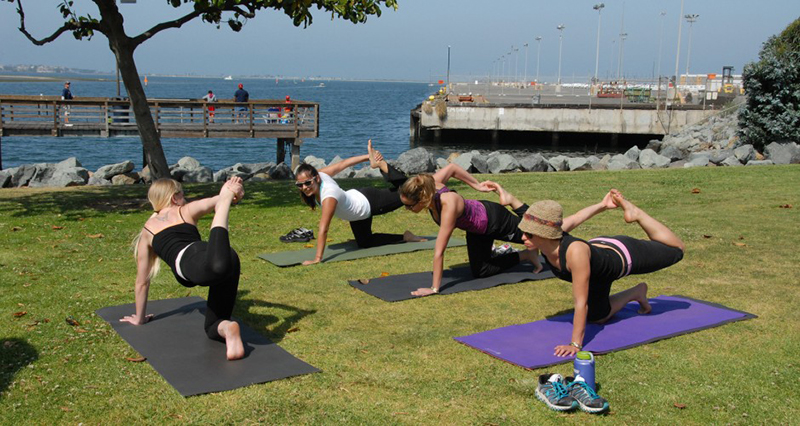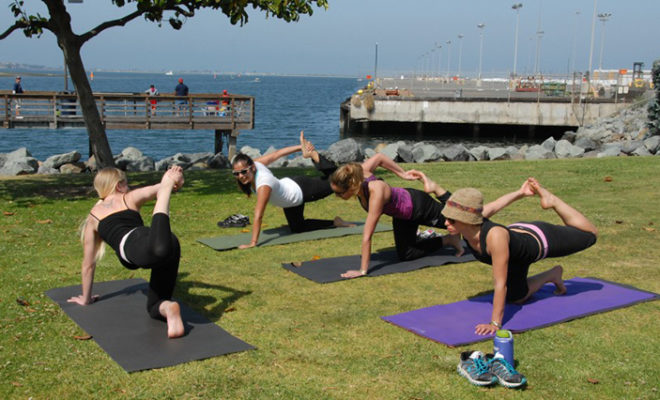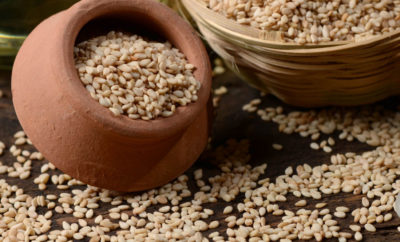
Currently in the U.S., over 70 million people suffer from sleeping disorders. Getting appropriate sleep hours and good quality sleep is important for our physical, as well as mental health. (1)
Those who get 150 minutes of moderate to vigorous exercise weekly experience a 65 percent improvement in their sleep
Researchers have been examining the correlation between exercise and improved sleep. A 2011 study from Oregon State University found that people sleep better and feel more alert during the day if they get at least 150 minutes of exercise per week. The study examined more than 2,600 men and women between the ages of 18 and 85. The study found that 150 minutes of moderate to vigorous exercise weekly improved sleep by 65 percent! (2)
The study provided convincing evidence about the importance of exercise for improved sleep, but lacked information on specific types of exercise. A new study from Perelman School of Medicine at the University of Pennsylvania examined activities such as walking, aerobics, biking, gardening, golfing, running weight-lifting, and yoga and found that these activities were correlated with improved sleep, while household chores and childcare were associated with poor sleep habits. (3)
Walking, aerobics, biking, gardening, golfing, running, weight-lifting and yoga all found to improve sleep!
Researchers examined 429,110 adults and assessed how each of the 10 types of activities were associated with quantity of sleep. Compared to those who got no physical activity in the month, all other types of activity were associated with improved sleep, with the exception of those who recorded household/childcare duties. (3)
Although previous research has shown that lack of exercise is associated with poor sleep, the results of this study were surprising, said lead author, Michael Grandner. Not only does this study show that those who get exercise simply by walking are more likely to have better sleep habits, but these effects are even stronger for more purposeful activities, such as running and yoga, and even gardening and golf. It was also interesting that people who receive most of their activity from housework and childcare were more likely to experience insufficient sleep we know that home and work demands are some of the main reasons people lose sleep. (3)
Poor quality sleep is associated with poor physical and mental performance. If you are one of the many people who struggle to function after a poor nights sleep, try taking a walk, gardening, or yoga, and assess how these daily activities improve your sleep and lifestyle. (3)
Sources for this article include:
(1) www.sleepmedsite.com
(2) oregonstate.edu
(3) www.sciencedaily.com
Image source: flic.kr
Article originally published on RawFoodWorld.com republished with permission






0 comments